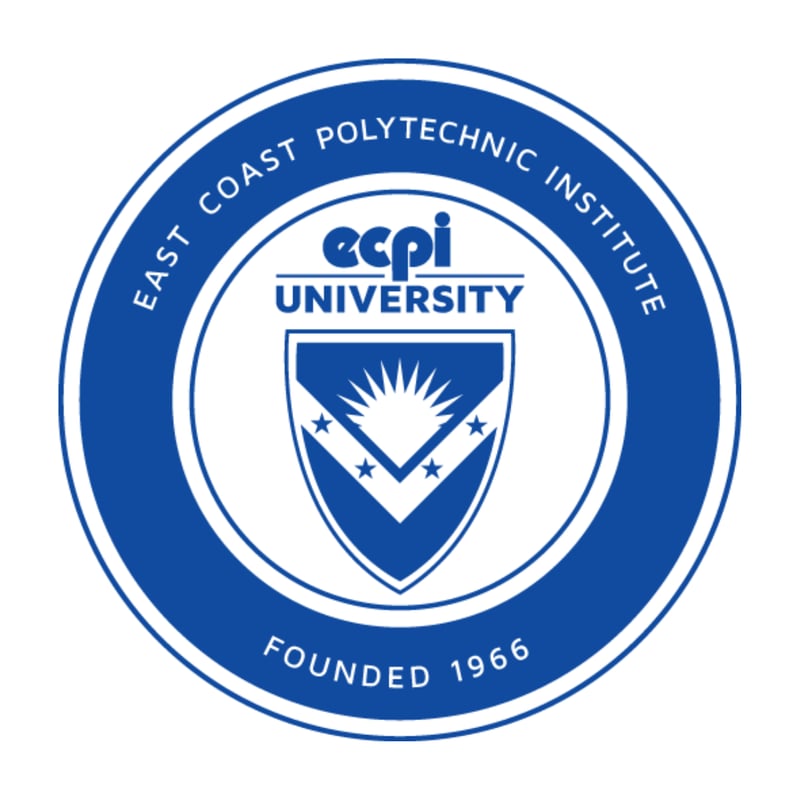
Financial aid (may be available)

No cost info

Financial aid (may be available)

Financial aid (may be available)

Financial aid (may be available)

Financial aid (may be available)

Financial aid (may be available)

Financial aid (may be available)

No cost info

Financial aid (may be available)

Financial aid (may be available)

Financial aid (may be available)

No cost info
Learn about the components of supply chains including supply chain networks, supply chain facilities, transportation, and inventory management as well as how emerging technologies affect them with our Supply Chain Fundamentals Certificate. These courses are perfect for learners seeking to enter the supply chain profession, as well as those who are seeking to enter supervisory roles or enter a new domain within the supply chain.
No cost info
This certificate program provides a foundation in supply chain and logistics management from both a U.S. as well as global perspective, preparing participants for professional careers with manufacturers and distributors, transportation carriers, and logistics service providers.
No cost info
American Military University (AMU) offers a logistics management certificate at the graduate level. It provides in-depth study of logistics and supply chain management with consideration of global impacts.
AMU’s online logistics certificate emphasizes transportation factors related to logistics, especially the maritime industry. The curriculum covers topics such as:
Transportation policy and planning
Transportation management and economics
Port and terminal operations
This program is an appropriate choice for those who wish to increase their knowledge of logistics and supply chain management without committing to a full degree program.
No cost info
No cost info
The online Logistics and Supply Chain Management Certificate from CCU will help you gain a deeper understanding of the processes and fundamentals within supply chain and inventory management, including purchasing and inbound logistics; material handling in distribution centers; warehousing and warehouse management; financial and inventory controls; transportation and distribution; and reverse and global logistics.
No cost info

Financial aid (may be available)

Financial aid (may be available)

$2,730 total

No cost info
No cost info
Logistics is an essential component of many industries, including manufacturing, retail, and transportation. Professionals in this field play a crucial role in managing the flow of goods and services from the point of origin to the point of consumption. If you're interested in pursuing a career in logistics, taking logistics classes can provide you with the necessary skills and knowledge to succeed in this field. In this blog post, we will explore logistics classes near you in Philadelphia and provide some insights on what to expect from these classes.

Logistics involves coordinating and managing various activities such as transportation, warehousing, inventory management, and customer service. Professionals in this field are responsible for ensuring that goods are delivered on time and in the most cost-effective manner. They also need to have excellent problem-solving and communication skills, as they often deal with unexpected challenges and collaborate with different stakeholders.
Before diving into logistics classes, it's important to understand what logistics is all about. Simply put, logistics is the process of planning, implementing, and controlling the efficient and effective flow and storage of goods, services, and related information from the point of origin to the point of consumption. It involves activities such as transportation, warehousing, inventory management, and packaging.
To pursue a career in logistics, it is beneficial to have a high school diploma or equivalent. However, some employers may require a bachelor's degree in supply chain management, logistics, or a related field for higher-level positions. While formal education can be helpful, hands-on experience and specific certifications are often more valuable in the logistics industry.
When searching for logistics classes in Philadelphia, there are a few key factors to consider to ensure you find the right program for your needs:
Logistics classes typically involve a combination of classroom instruction, hands-on exercises, and real-world case studies. Here are some things you can expect from the day-to-day class:
While certification is not always required in the logistics field, it can demonstrate your expertise and enhance your job prospects. There are several certifications available for logistics professionals, such as:
The certification process typically involves meeting certain eligibility requirements, passing an exam, and maintaining the certification through continuing education.
After completing logistics classes, you'll be well-prepared to pursue a variety of career opportunities in the field. Some common job titles in logistics include:
If you're interested in expanding your skills and knowledge in the logistics field, there are several other classes you can consider taking. Some options include:
Taking additional classes can help you specialize in a specific area of logistics and enhance your career opportunities.
If you're looking to start a career in logistics, taking logistics classes can provide you with the necessary skills and knowledge to succeed in this field. When searching for logistics classes in Philadelphia, consider factors such as accreditation, curriculum, hands-on experience, instructor qualifications, and flexibility. After completing the classes, you'll be well-prepared to pursue various career opportunities in logistics. Remember to utilize vocational training platforms like Dreambound to find related jobs and explore other classes to further enhance your skills.
Check out Dreambound's extensive guides focusing on the unique challenges and requirements for each city in the US. For more detailed information, see some of our other guides below.
Exploring diverse professional options? Dreambound has comprehensive guides to assist you in making well-informed decisions. Take a look at these resources:
Dreambound's platform allows prospective students to find the right educational program for them through searching, filtering, and connecting with our extensive selection of career & technical education partners.
Dreambound has over 70 programs across healthcare, technology, business, and industrial trades. This includes programs such as Medical Billing, Cybersecurity, and welding.
Some of our schools offer financial aid for those who qualify. Many others offer payment plans, where you can pay the cost of class over time.
Yes, Dreambound offers many online programs. On Dreambound's search, you can filter by online, in-person, and hybrid (part online, part in-person).
Dreambound is completely free for you to use! We are supported by schools and organizations who pay to advertise on our website, so we can offer all of our career resources for free.